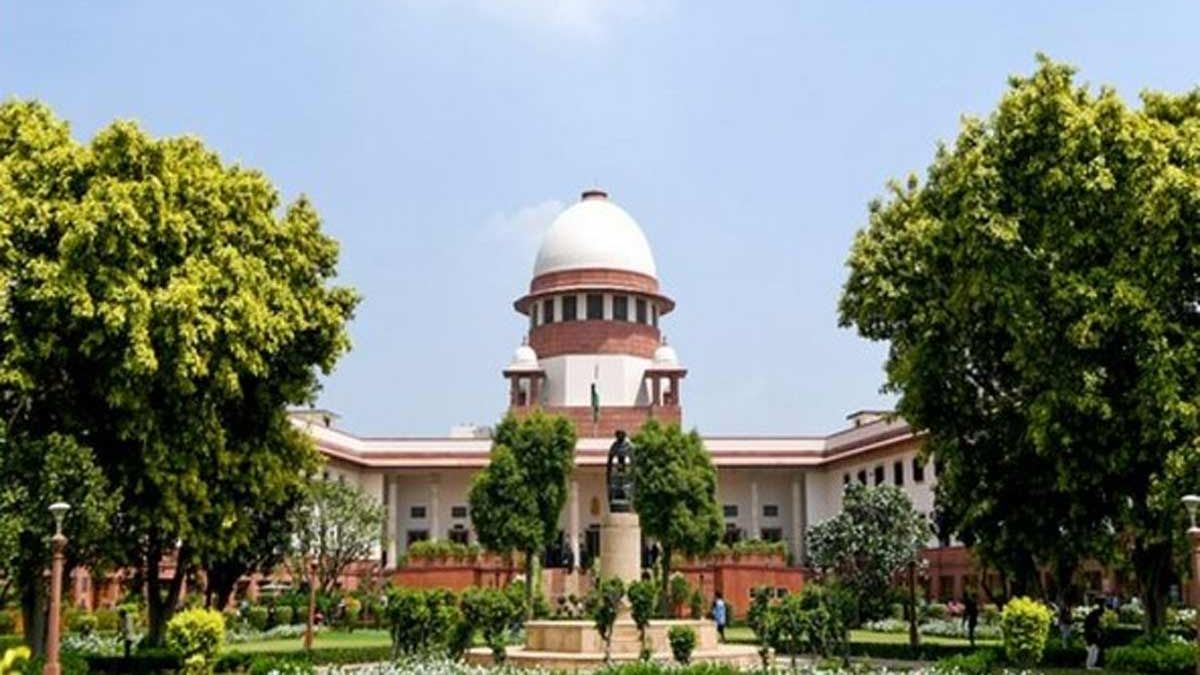Why SC’s 3-year practice requirement for judges is under scanner

A review petition has been filed in the Supreme Court challenging the ruling that mandates a minimum of three years’ legal practice for entry into the lower judiciary is now facing serious legal and moral questions arguing that it not only lacks factual grounding but also unfairly derails the dreams of thousands of fresh law graduates.
Filed by advocate Chandra Sen Yadav through Advocate-on-Record Kunal Yadav, the petition questions the rationale of the top court’s decision in the All India Judges Association case.
A bench led by Chief Justice BR Gavai, the ruling imposes a blanket rule requiring civil judge aspirants (Junior Division) to have three years of bar experience, instantly shutting the door on fresh graduates from the 2023–2025 batches, who had prepared under the earlier eligibility criteria.
The plea submitted that the mandatory 3-year legal practice rule should be implemented only from 2027 onwards to avoid unjust exclusion of recent graduates (2023—2025) who prepared under the previous eligibility criteria. Immediate enforcement causes retrospective hardship, violating principles of fairness, legitimate expectation, and equal opportunity under Article 14 of Indian Constitution.
“This sudden change violates the principles of fairness and equal opportunity,” the petition states, urging the court to defer the implementation of the rule until at least 2027.
The plea highlights how the rule could disproportionately harm students from underprivileged backgrounds who may not have the financial or social capital to engage in full-time litigation for three years.
The petition also sidelines competent law graduates working in corporate law, PSUs, and other non-litigation roles, individuals who often possess relevant legal skills but are now deemed ineligible.
The petition further argues that the Supreme Court relied on a limited set of opinions, mainly from a few high courts and state governments, while failing to account for dissenting views from others like Punjab & Haryana, Chhattisgarh, Tripura, and Nagaland.
The plea describes the verdict as a top-down mandate imposed without legislative support or consultation, raising constitutional red flags. By enforcing a uniform rule across all states and high courts through judicial order alone, the petition argues, the Court may have inadvertently overstepped its mandate under Article 141 of the Constitution.
India